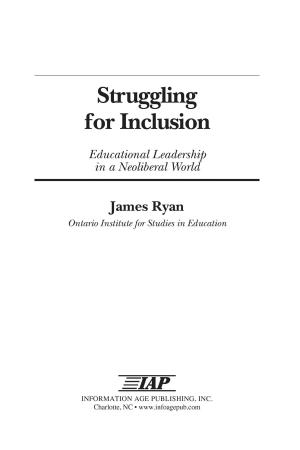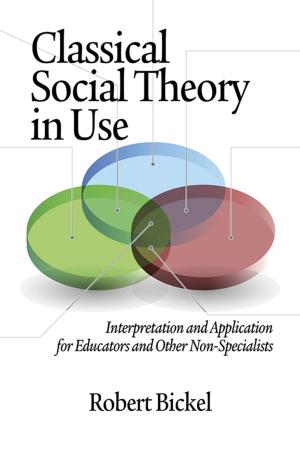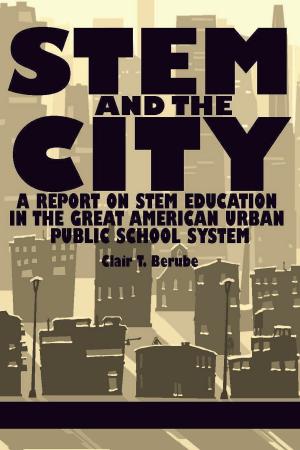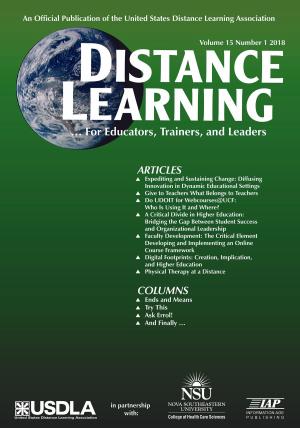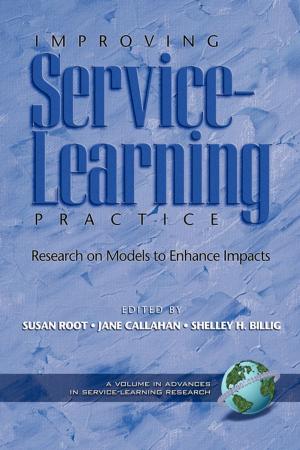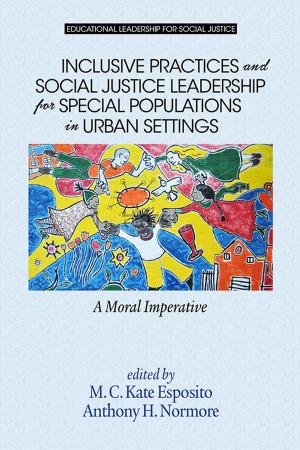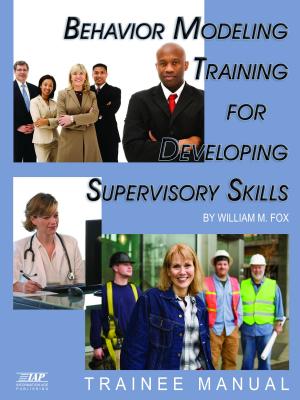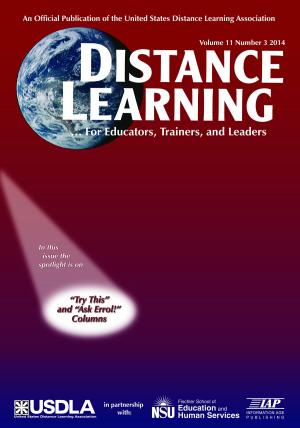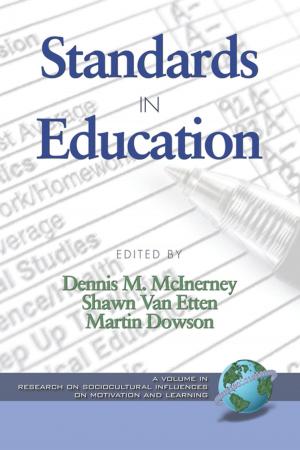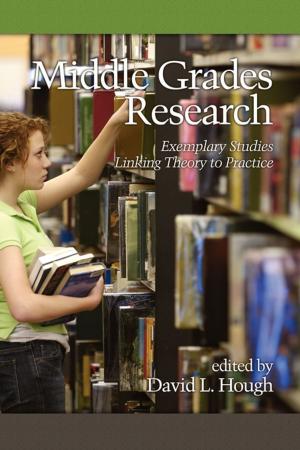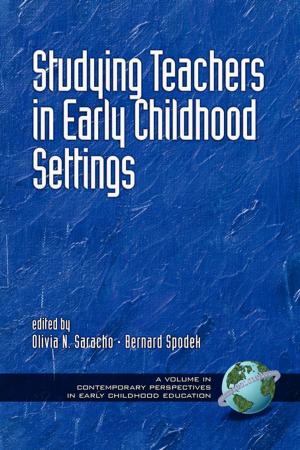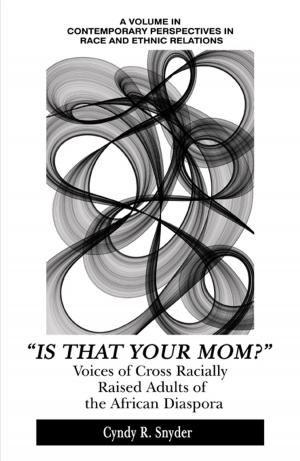Religious Charter Schools
Legalities and Practicalities
Nonfiction, Reference & Language, Law, Administrative Law & Regulatory Practice, Education & Teaching, Educational Theory, Educational Reform| Author: | Lawrence D. Weinberg | ISBN: | 9781607526223 |
| Publisher: | Information Age Publishing | Publication: | August 1, 2007 |
| Imprint: | Information Age Publishing | Language: | English |
| Author: | Lawrence D. Weinberg |
| ISBN: | 9781607526223 |
| Publisher: | Information Age Publishing |
| Publication: | August 1, 2007 |
| Imprint: | Information Age Publishing |
| Language: | English |
This book explores the constitutionality of religionbased charter schools. The method of analysis uses hypothetical charter schools to answer legal questions. The answers are grounded in law using the latest precedent. The background material before examining charters sets forth both the legal and policy contexts of religious charters schools. The legal context includes a detailed analysis of the Establishment Clause of the U.S. Constitution focusing on the most recent Supreme Court cases on that topic. The policy analysis examines the normative and structural dimensions of charter schools, which are then compared with voucher programs. The historical, political and educational contexts of charter programs are also examined. The book concludes that charter schools present an opportunity for parents and communities to form charter schools that will accommodate their beliefs; however, the constitution does not allow them to form schools that endorse their beliefs.
This book explores the constitutionality of religionbased charter schools. The method of analysis uses hypothetical charter schools to answer legal questions. The answers are grounded in law using the latest precedent. The background material before examining charters sets forth both the legal and policy contexts of religious charters schools. The legal context includes a detailed analysis of the Establishment Clause of the U.S. Constitution focusing on the most recent Supreme Court cases on that topic. The policy analysis examines the normative and structural dimensions of charter schools, which are then compared with voucher programs. The historical, political and educational contexts of charter programs are also examined. The book concludes that charter schools present an opportunity for parents and communities to form charter schools that will accommodate their beliefs; however, the constitution does not allow them to form schools that endorse their beliefs.

